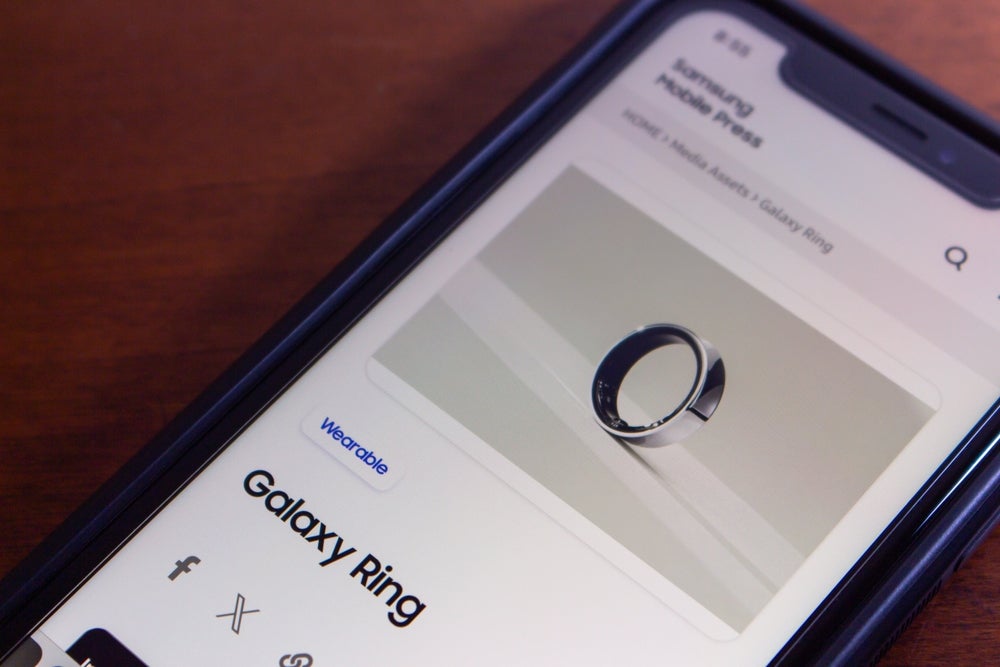Newly published research shows language in Facebook posts, either applied alone or in conjunction with demographic data, is a highly accurate tool to predict certain health issues including diabetes and mental illness.
Facebook has been under fire for years for everything from the Cambridge Analytica scandal to the platform’s part in aiding the dissemination of false information about the Rohingya Muslims last year. (The United Nations has called for Myanmar’s military chiefs to be investigated for the persecution and killing of the Rohingya.)
Diagnosis by social media
Though it is sometimes derided as a tool that does more to isolate than connect, newly published findings by researchers from Penn Medicine and Stony Brook University in the US show Facebook posts can provide important clues to puzzle out a number of medical conditions including diabetes, depression, and psychosis.
The research applied Natural Language Processing and other tools to analyze more than 20 million words posted on Facebook by 999 volunteers to assess whether they were accurate indicators of medical issues in 21 categories. The results showed language in these posts can play a quantifiable role in helping medical professionals accurately diagnose their patients. Researchers noted that Facebook posts provide insights into the lives of patients that are particularly important in assessing patients for mental health conditions including alcoholism and anxiety.
In some cases, researchers said the language in Facebook posts was “significantly more accurate” in medical diagnostics than demographic data alone. But when used in conjunction with demographic information, the social media data was a more accurate diagnostic tool than the Facebook posts by themselves.
Dangers of social media diagnosis
There is a precedent for leveraging social media and adjacent technologies for medical purposes. Twitter feeds have been used to identify disease outbreaks, and new research indicates that Google’s smart speaker Alexa may be very accurate in identifying if a user is having a heart attack based on breathing patterns.
How well do you really know your competitors?
Access the most comprehensive Company Profiles on the market, powered by GlobalData. Save hours of research. Gain competitive edge.

Thank you!
Your download email will arrive shortly
Not ready to buy yet? Download a free sample
We are confident about the unique quality of our Company Profiles. However, we want you to make the most beneficial decision for your business, so we offer a free sample that you can download by submitting the below form
By GlobalDataHowever, there are just as many questions and controversies about the application of this data in healthcare. Concerns around privacy and informed consent may quell enthusiasm for widespread diagnostic use of social media data. In addition, researchers recognise limitations to the types of conditions the data was able to help identify, further mitigating the usefulness of technology in diagnosing medical conditions.









Related Company Profiles
Google LLC
Meta Platforms Inc